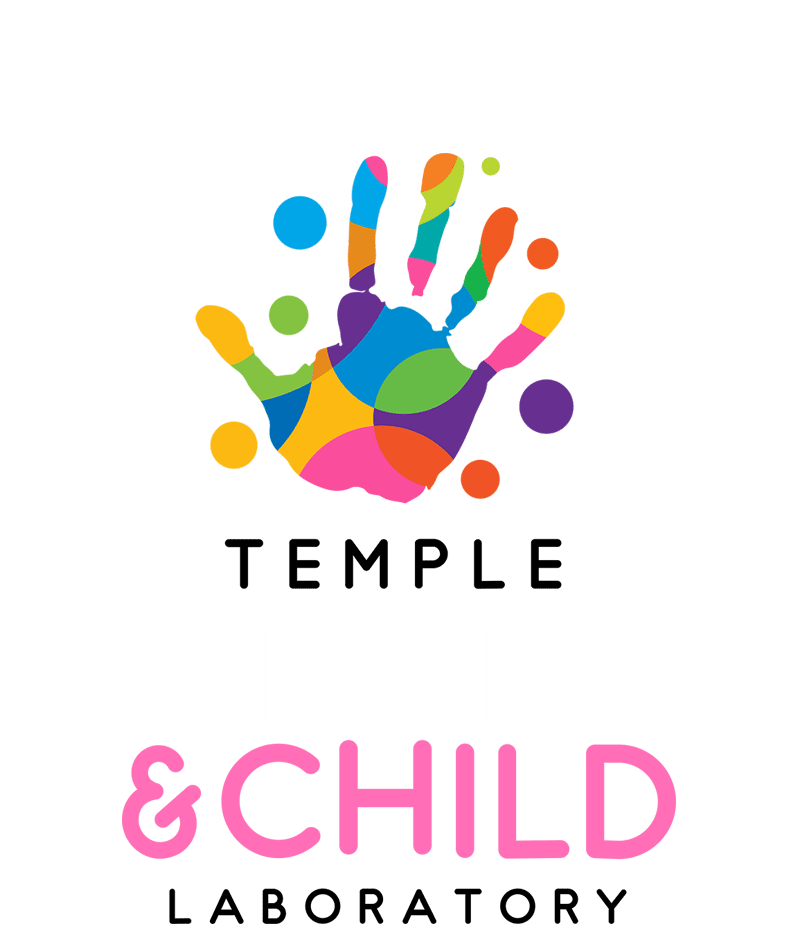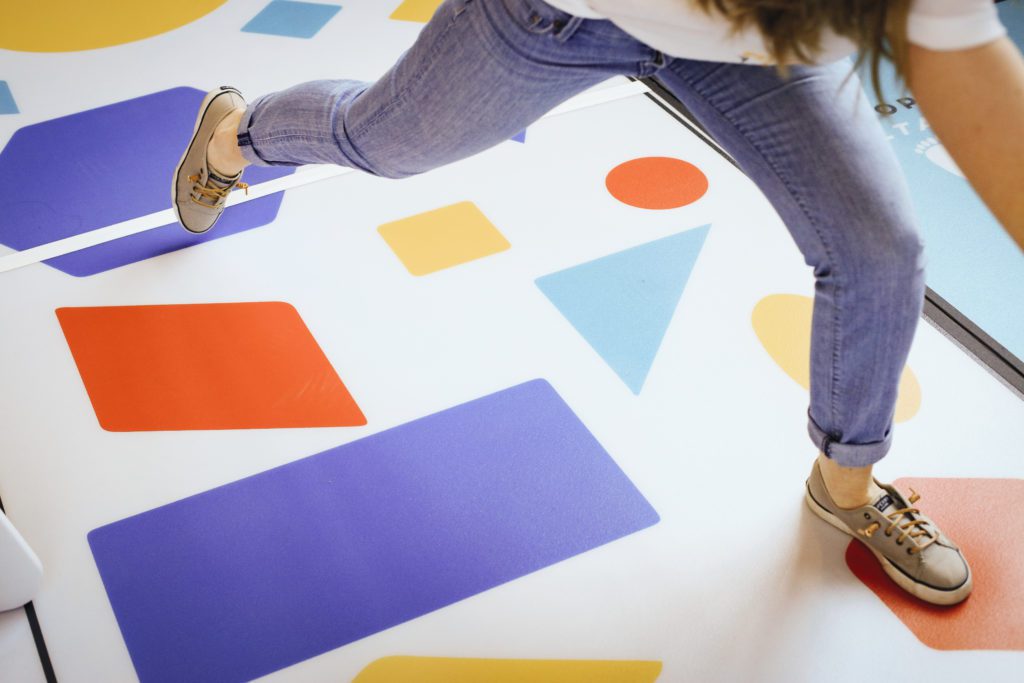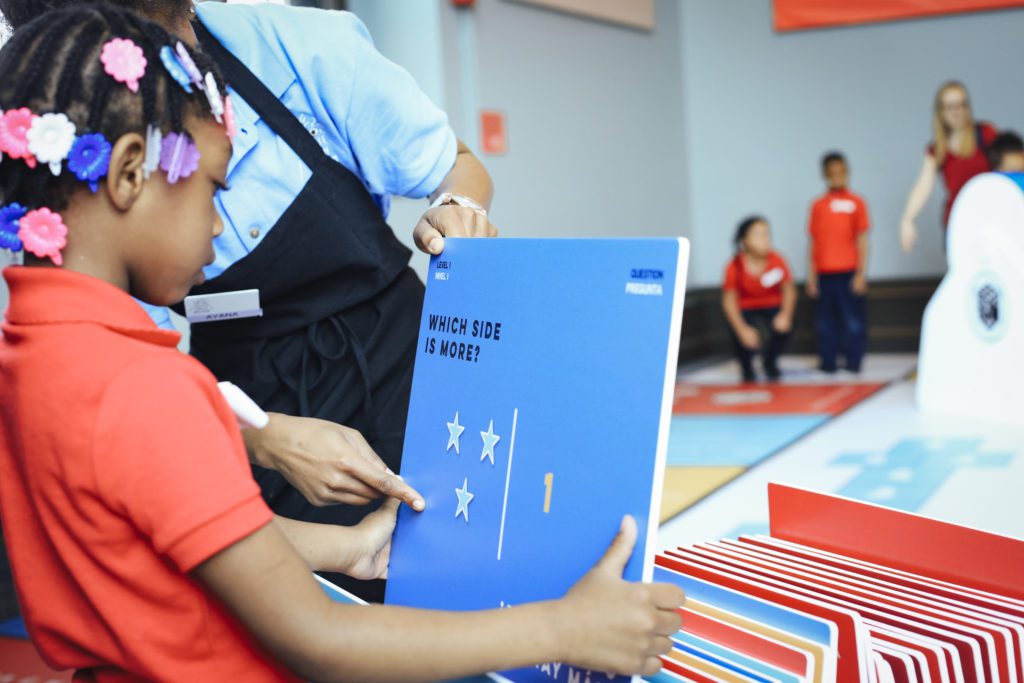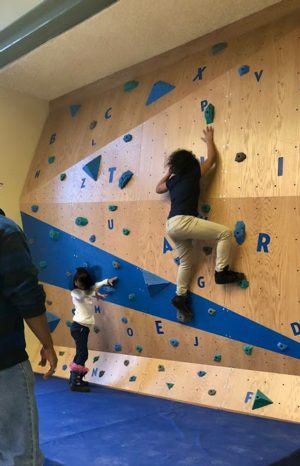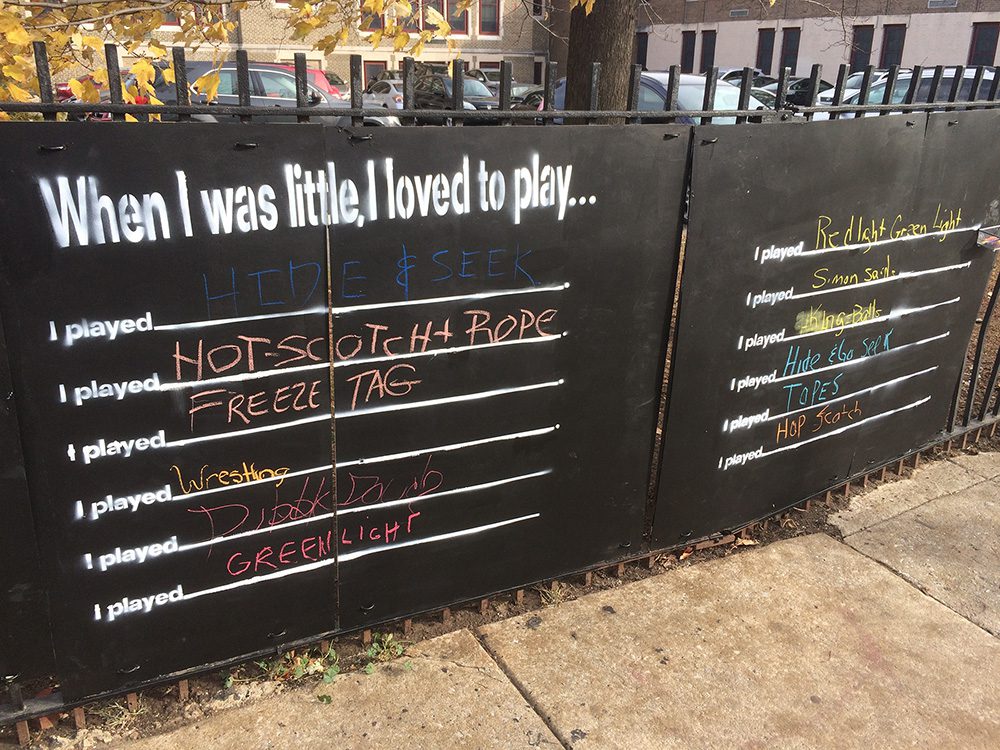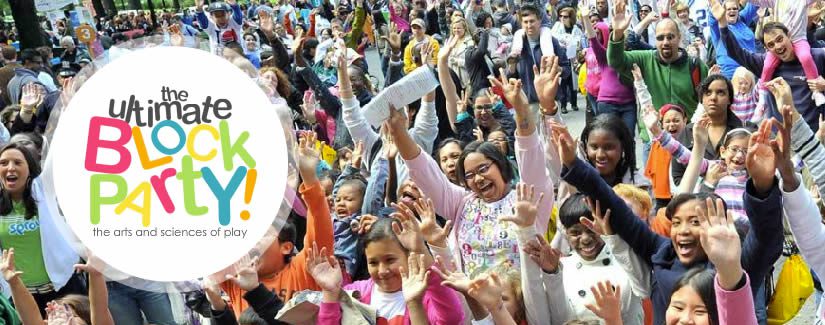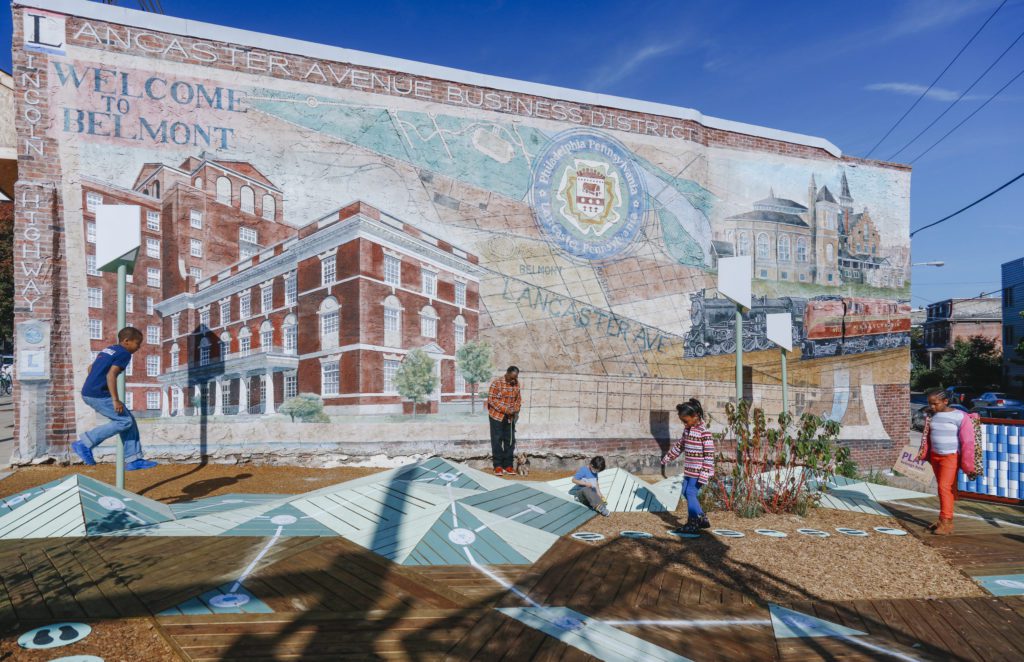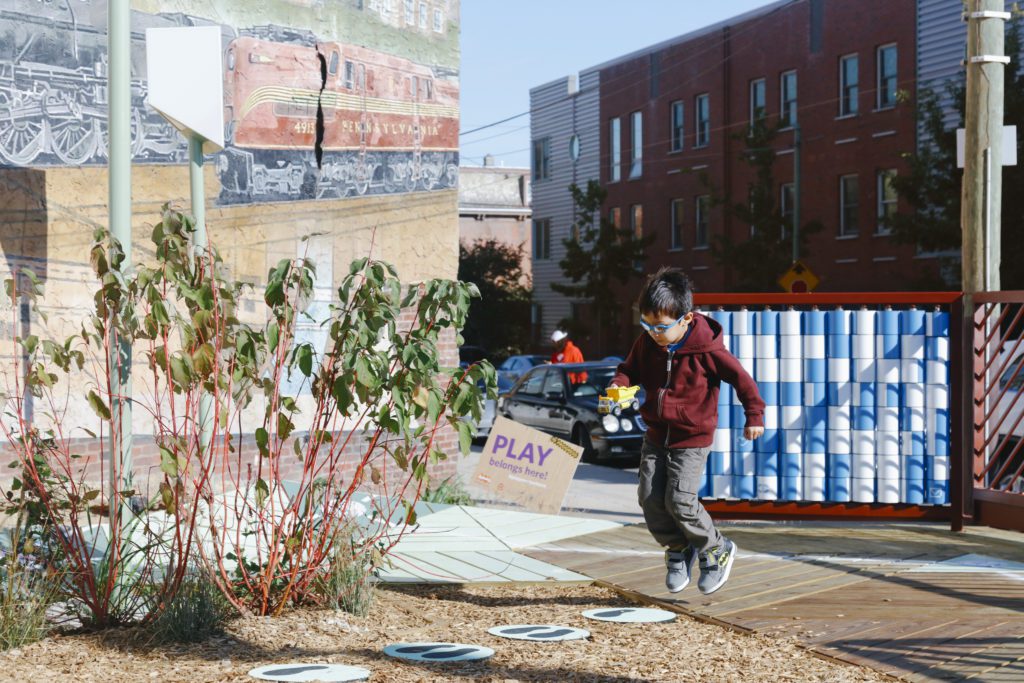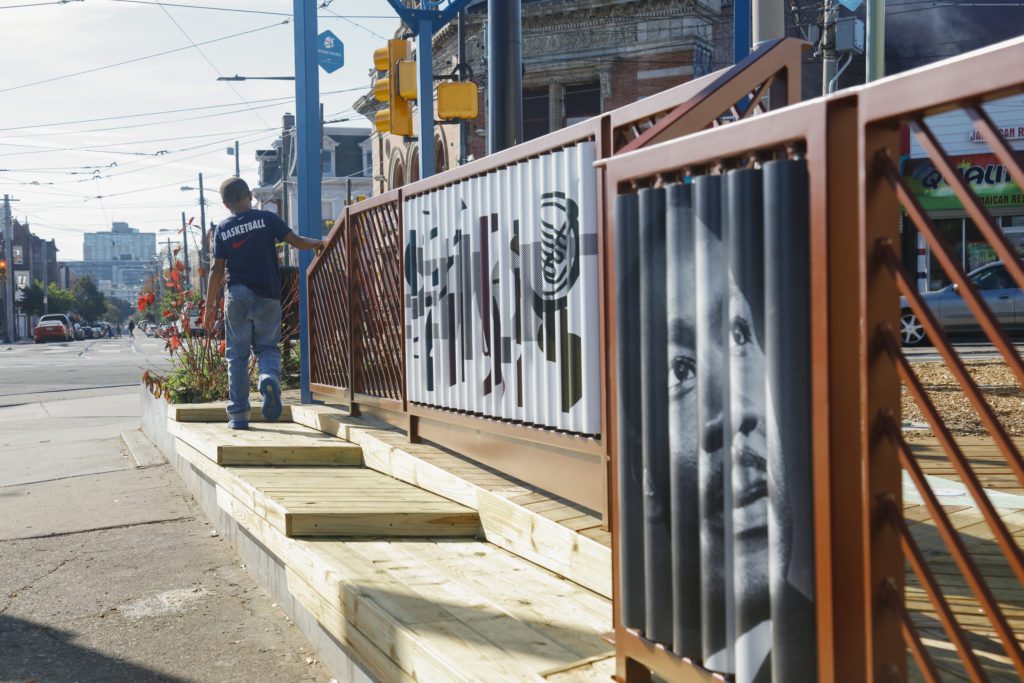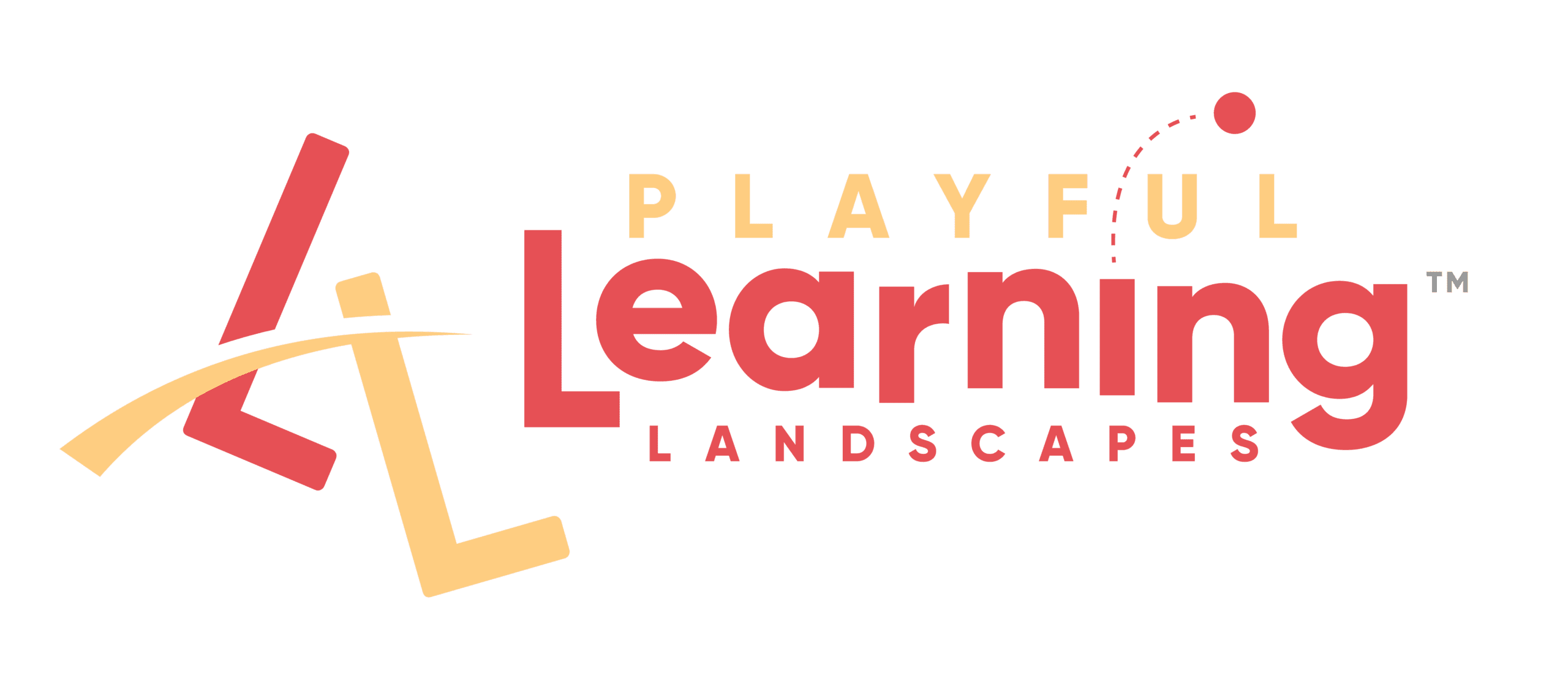Playful Learning Landscapes Overview
At the intersection of the global cities movement and the movement to optimize early education in and out of school, lies Playful Learning Landscapes. Twenty-first Century Learning models will need to embrace a breadth of skills that allow children to succeed in a world of increasing uncertainty and change. Projections suggest that by 2050 over 70% of the worlds’ children will be living in urban areas and that most of these children – over 825 million – will reach adulthood without even the basic secondary skills required to meet the workplace of today and tomorrow.
The general response to this inequality has been to enrich education through high quality universal preschools. This is critical and the research suggests that it catapults children into better school readiness and beyond. Yet – it is not enough. Learning today occurs in and out of the classroom and to date we have done little to capitalize on out of school time as a resource for children everywhere. Children spend only 20% of their waking time in school. What are we doing with the other 80%?
